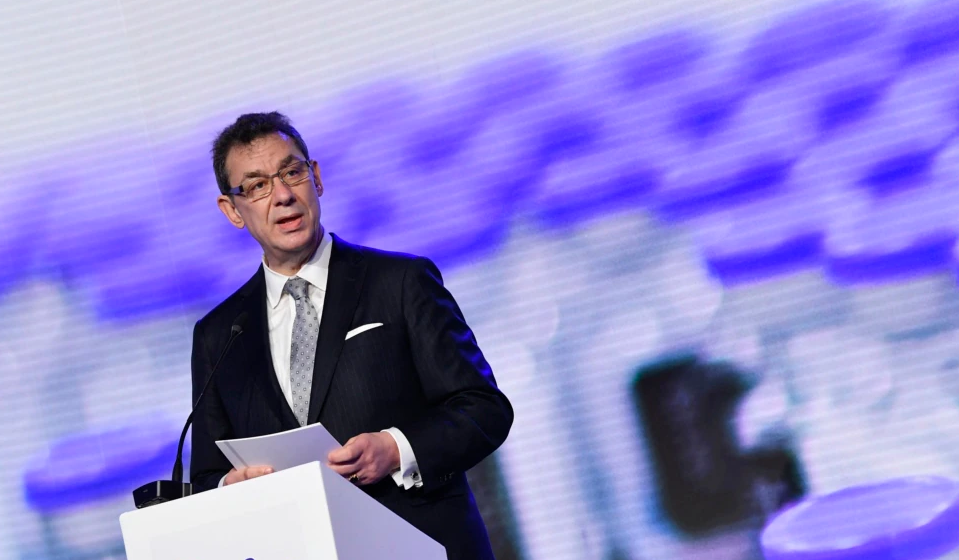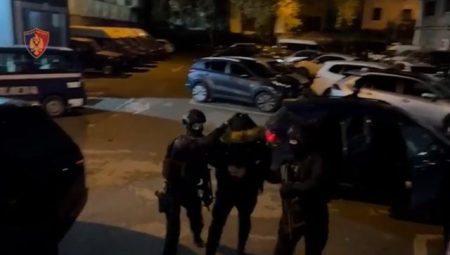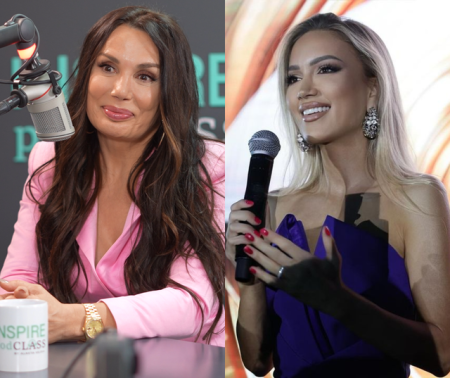A group of activist organizations says at least nine executives and investors in companies that make coronavirus vaccines have become billionaires in the past year, thanks to their vaccine patents.
The People’s Vaccines Alliance, a group of several nonprofit, non-governmental organizations including Global Justice Now, Oxfam and UNAIDS, is calling on pharmaceutical firms to share their technology so that global vaccine production can grow rapidly as infections continue. to be added to many poor countries.
“Pharmaceutical companies that patent some of the most popular COVID-19 vaccines, such as Pfizer… and Moderna, are making huge profits from their monopoly on these vaccines,” Max Lawson, head of department, told VOA. for inequality in Oxfam International. “As a result, investors and their executives are becoming billionaires like never before.”
According to its analysis of the annual list of the richest people published by Forbes magazine in April, the People’s Vaccines Alliance claims that the new vaccine billionaires include the CEOs of the US pharmaceutical firm Moderna and the German firm BioNTech, which helped development of the technology used to produce the Pfizer vaccine. They say four other executives or investors involved in Moderna and three executives from Chinese firm CanSino Biologics have also become billionaires.
Mr. Lawson of Oxfam told VOA that the financial risk of developing vaccines was borne by taxpayers in practical terms. “These vaccines against COVID-19 were funded by public funds, by taxpayers like you and me. “Vaccines are not the property of these companies and they should not be used to accumulate these huge profits.”
He added that patents on vaccines give pharmaceutical firms the authority to dictate the price and distribution of medicines.
“Because of these monopolies, we are facing an artificial shortage,” Mr Lawson said. “And there is ample room for these companies to make an immediate turnaround not to make embarrassing profits and become billionaires – but to share their technology, share their intellectual property and allow any competent vaccine manufacturer in the world to produce the vaccines we need ”.
In a statement, BioNTech said it had already increased its production capacity to 3 billion doses by 2021 and was working with 15 partners including Merck, Novartis Sanofi and Baxter under licensing and manufacturing agreements to further create a global vaccine production network. The firm added that patents are not the limiting factor for vaccine production, which is “a complex process developed over more than a decade.”
“All steps must be precisely defined and executed rigorously. Need experienced staff. Raw materials are needed to be channeled and qualified for use. “Consolidated processes are needed to prepare the vaccine, which must be followed closely,” the BioNTech statement said. “If any of these steps are not followed, the quality, safety and efficacy of the vaccine are not guaranteed by the vaccine manufacturer or manufacturer.” VOA
